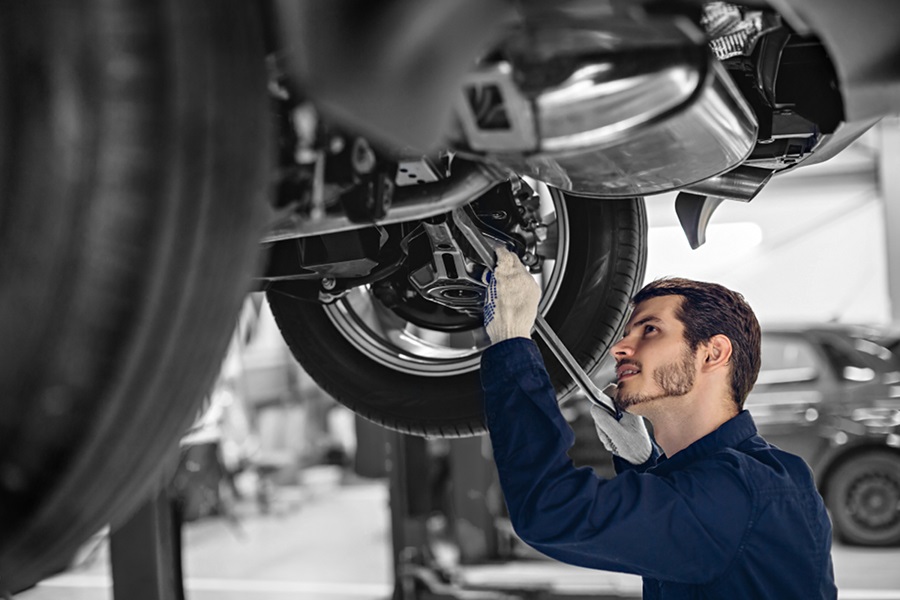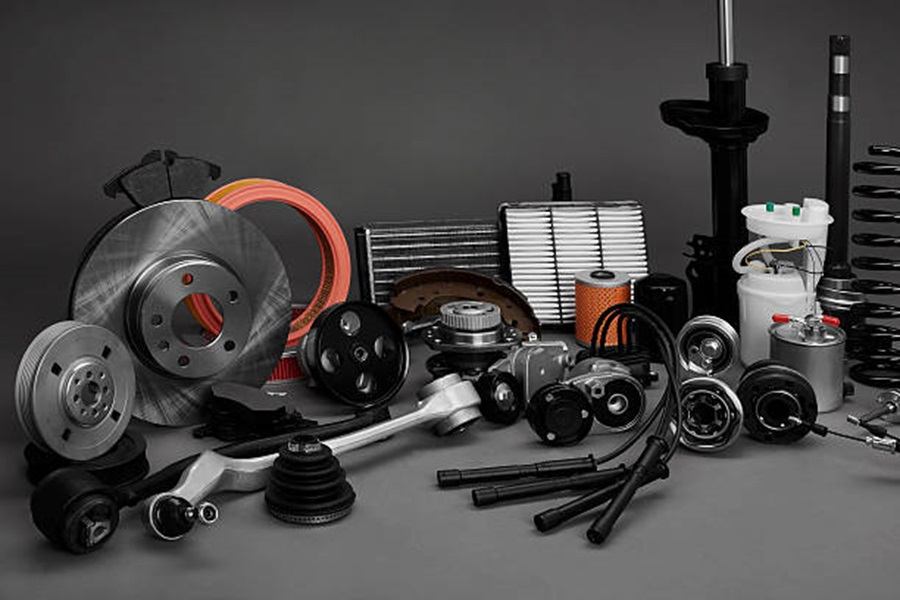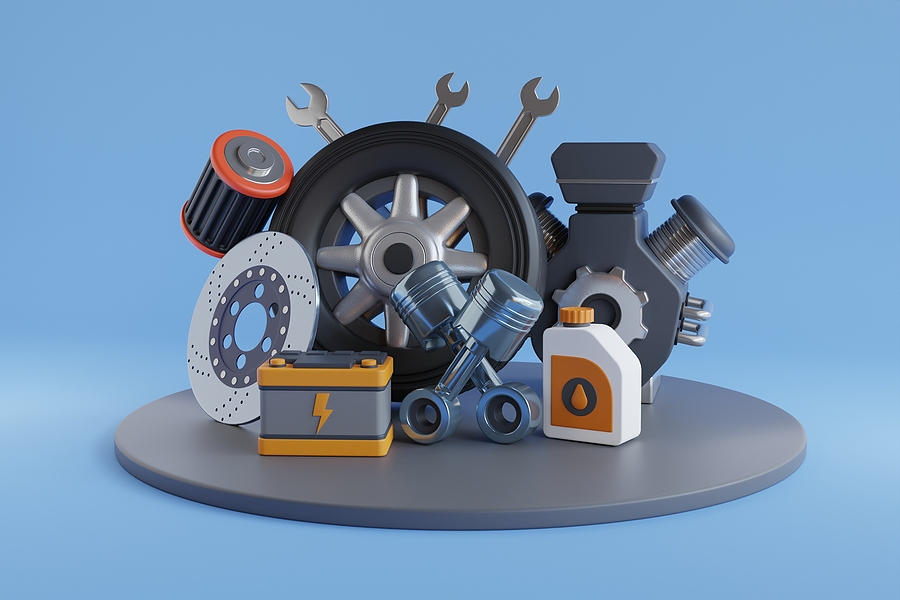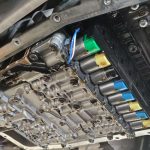When it comes to acquiring a new vehicle, one of the most significant decisions you’ll face is whether to lease or buy. Both options have their advantages and drawbacks, and the right choice depends on your financial situation, driving habits, and personal preferences. This article explores the pros and cons of leasing versus buying a vehicle to help you make an informed decision.

The Basics: What’s the Difference Between Leasing and Buying?
Before diving into the pros and cons, it’s essential to understand the fundamental differences between leasing and buying a vehicle.
- Leasing: When you lease a vehicle, you essentially rent it for a set period, usually two to four years. You make monthly payments to the dealership, and at the end of the lease term, you return the vehicle or have the option to purchase it at a predetermined price.
- Buying: Buying a vehicle involves either paying for it in full upfront or financing it through a loan. Once the vehicle is paid off, it’s yours to keep for as long as you like, without any further payments beyond maintenance and insurance.
Pros of Leasing a Vehicle
Leasing a vehicle offers several benefits, particularly for those who enjoy driving the latest models.
- Lower Monthly Payments: One of the most significant advantages of leasing is that the monthly payments are typically lower than those for a car loan. This is because you’re only paying for the vehicle’s depreciation during the lease term, not its full value.
- Driving the Latest Models: Leasing allows you to drive a new car every few years. This means you’ll always have access to the latest technology, safety features, and fuel efficiency improvements.
- Minimal Repair Costs: Most leases last for a few years, during which the vehicle is usually covered by the manufacturer’s warranty. This means lower repair costs, as any major issues are likely covered.
- No Resale Hassle: At the end of your lease, you simply return the vehicle to the dealership, avoiding the hassle of selling or trading it in.
Cons of Leasing a Vehicle
Despite its benefits, leasing isn’t the best choice for everyone. There are several potential downsides to consider.
- No Ownership Equity: When you lease a vehicle, you don’t build any equity in it. After the lease term ends, you don’t own the vehicle, and you may find yourself in a perpetual cycle of car payments.
- Mileage Restrictions: Leases come with mileage limits, usually between 10,000 and 15,000 miles per year. Exceeding these limits can result in costly fees.
- Customization Limits: Leased vehicles must be returned in good condition, which means you can’t make significant modifications or customizations without facing penalties.
- Potential for Additional Fees: At the end of your lease, you may be charged for excess wear and tear, which can add up quickly if the vehicle isn’t in pristine condition.
Pros of Buying a Vehicle
Buying a vehicle, whether with cash or through financing, offers advantages that leasing cannot match.
- Ownership and Equity: When you buy a car, it’s yours to keep for as long as you like. Once the loan is paid off, you own the vehicle outright and can use it without any further payments.
- No Mileage Limits: Unlike leasing, owning a vehicle allows you to drive as much as you want without worrying about mileage restrictions.
- Freedom to Customize: Ownership gives you the freedom to modify or customize your vehicle as you see fit, from installing a new sound system to adding performance enhancements.
- Long-Term Savings: While buying may involve higher monthly payments initially, it can be more cost-effective in the long run. Once the loan is paid off, you can continue to drive the vehicle payment-free.
Cons of Buying a Vehicle
However, buying a vehicle isn’t without its drawbacks, especially for those who prefer driving the latest models.
- Higher Monthly Payments: The monthly payments for buying a vehicle are typically higher than leasing, as you’re paying off the entire value of the car.
- Depreciation: New cars depreciate rapidly, losing a significant portion of their value in the first few years. If you plan to sell or trade in your vehicle, you may not get back what you paid.
- Maintenance Costs: As your vehicle ages, it may require more maintenance and repairs, especially once the warranty expires. These costs can add up over time.
- Resale Hassle: When it’s time to get a new car, you’ll need to sell or trade in your current vehicle, which can be time-consuming and may not always yield the best return.
Conclusion: Which Option is Right for You?
The decision between leasing and buying a vehicle depends on your lifestyle, financial situation, and long-term plans. Leasing may be ideal if you enjoy driving new cars every few years and prefer lower monthly payments. However, if you’re looking for long-term savings and the freedom to drive as much as you want, buying may be the better option.










